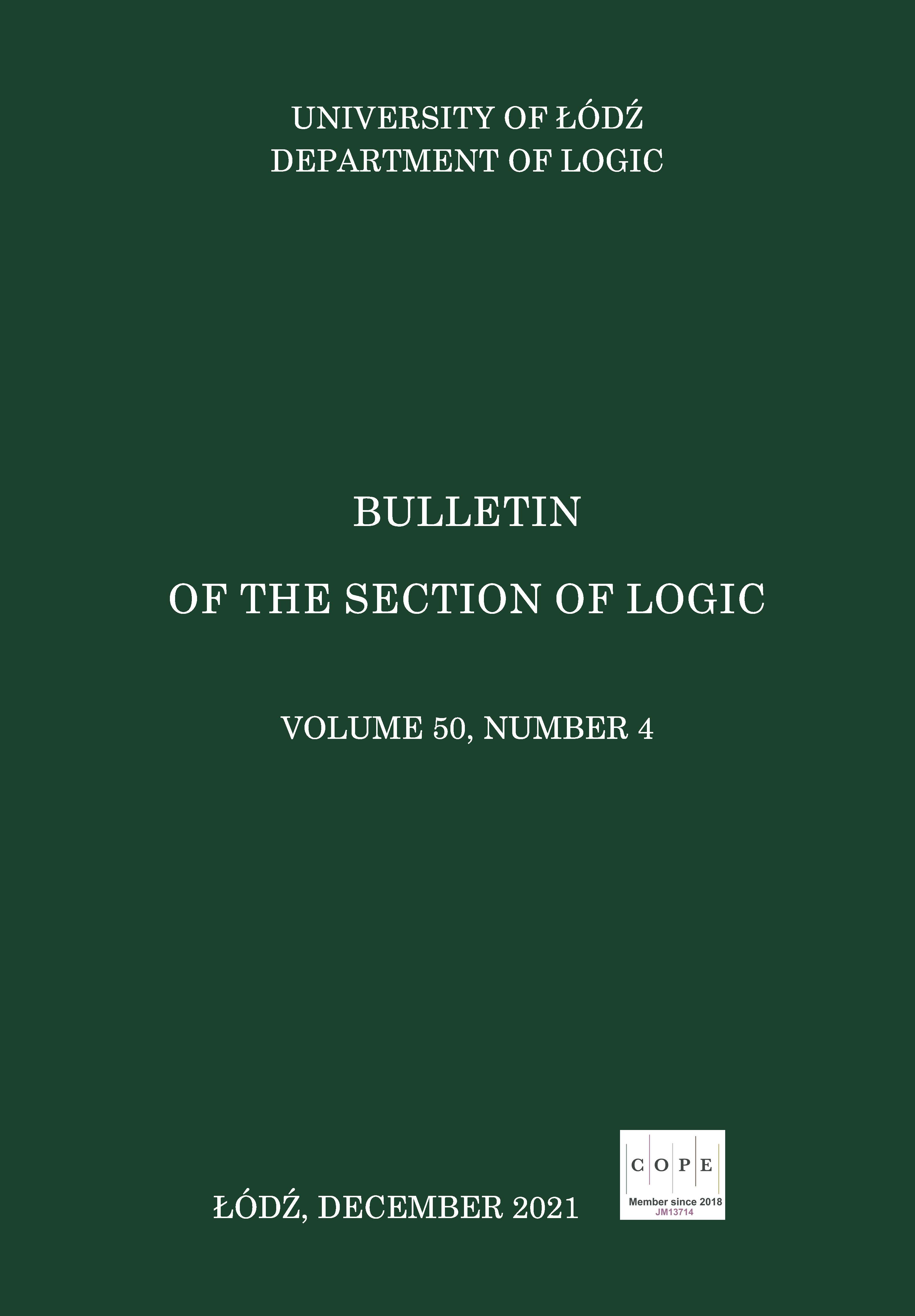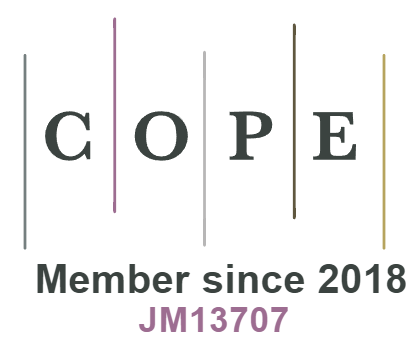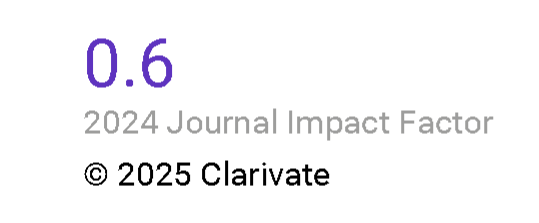A Sound Interpretation of Leśniewski's Epsilon in Modal Logic KTB
DOI:
https://doi.org/10.18778/0138-0680.2021.25Keywords:
Le´sniewski’s ontology, propositional ontology, translation, interpretation, modal logic, KTB, soundness, Grzegorczyk’s modal logicAbstract
In this paper, we shall show that the following translation \(I^M\) from the propositional fragment \(\bf L_1\) of Leśniewski's ontology to modal logic \(\bf KTB\) is sound: for any formula \(\phi\) and \(\psi\) of \(\bf L_1\), it is defined as
(M1) \(I^M(\phi \vee \psi) = I^M(\phi) \vee I^M(\psi)\),
(M2) \(I^M(\neg \phi) = \neg I^M(\phi)\),
(M3) \(I^M(\epsilon ab) = \Diamond p_a \supset p_a . \wedge . \Box p_a \supset \Box p_b .\wedge . \Diamond p_b \supset p_a\),
where \(p_a\) and \(p_b\) are propositional variables corresponding to the name variables \(a\) and \(b\), respectively. In the last, we shall give some comments including some open problems and my conjectures.
References
[1] L. Aqvist, Deontic logic, [in:] D. Gabbay, F. Guenthner (eds.), Handbook of Philosophical Logic, vol. II: Extensions of Classical Logic, D. Reidel, Dordrecht (1984), pp. 605–714, DOI: https://doi.org/10.1007/978-94-009-6259-0
Google Scholar
[2] A. Blass, A faithful modal interpretation of propositional ontology, Mathematica Japonica, vol. 40 (1994), pp. 217–223.
Google Scholar
[3] G. Boolos, The Logic of Provability, Cambridge University Press, Cambridge (1993), DOI: https://doi.org/10.1017/CBO9780511625183
Google Scholar
DOI: https://doi.org/10.1017/CBO9780511625183
[4] R. A. Bull, K. Segerberg, Basic modal logic, [in:] D. Gabbay, F. Guenthner (eds.), Handbook of Philosophical Logic, vol. II: Extensions of Classical Logic, D. Reidel, Dordrecht (1984), pp. 1–82, DOI: https://doi.org/10.1007/978-94-009-6259-0
Google Scholar
DOI: https://doi.org/10.1007/978-94-009-6259-0
[5] A. Chagrov, M. Zakharyaschev, Modal Logic, Clarendon Press, Oxford (1997).
Google Scholar
[6] M. Fitting, Proof Methods for Modal and Intuitionistic Logics, vol. 168 of Synthese Library, D. Reidel, Dordrecht (1983), DOI: https://doi.org/10.1007/978-94-017-2794-5
Google Scholar
DOI: https://doi.org/10.1007/978-94-017-2794-5
[7] J. D. Hamkins, B. Löwe, The modal logic of forcing, Transactions of the American Mathematical Society, vol. 360 (2007), pp. 1793–1817, DOI: https://doi.org/10.1090/S0002-9947-07-04297-3
Google Scholar
DOI: https://doi.org/10.1090/S0002-9947-07-04297-3
[8]G. E. Hughes, M. J. Cresswell, A Companion to Modal Logic, Methuen, London (1984).
Google Scholar
[9] T. Inoué, Partial interpretation of Leśniewski’s epsilon in modal and intensional logics (abstract), The Bulletin of Symbolic Logic, vol. 1 (1995), pp. 95–96.
Google Scholar
[10] T. Inoué, Partial interpretations of Leśniewski’s epsilon in von Wright-type deontic logics and provability logics, Bulletin of the Section of Logic, vol. 24(4) (1995), pp. 223–233.
Google Scholar
[11] T. Inoué, On Blass translation for Leśniewski’s propositional ontology and modal logics, Studia Logica, (2021), DOI: https://doi.org/10.1007/s11225-021-09962-1
Google Scholar
DOI: https://doi.org/10.1007/s11225-021-09962-1
[12] A. Ishimoto, A propositional fragment of Leśniewski’s ontology, Studia Logica, vol. 36 (1977), pp. 285–299, DOI: https://doi.org/10.1007/BF02120666
Google Scholar
DOI: https://doi.org/10.1007/BF02120666
[13] M. Kobayashi, A. Ishimoto, A propositional fragment of Leśniewski’s ontology and its formulation by the tableau method, Studia Logica, vol. 41 (1982), pp. 181–195, DOI: https://doi.org/10.1007/BF00370344
Google Scholar
DOI: https://doi.org/10.1007/BF00370344
[14] H. Ono, Proof Theory and Algebra in Logic, vol. 2 of Short Textbooks in Logic, Springer, Singapore (2019), DOI: https://doi.org/10.1007/978-981-13-7997-0
Google Scholar
DOI: https://doi.org/10.1007/978-981-13-7997-0
[15] F. Poggiolesi, Gentzen Calculi for Modal Propositional Logic, vol. 32 of Trends in Logic Series, Springer, Dordrecht (2011), DOI: https://doi.org/10.1007/978-90-481-9670-8
Google Scholar
DOI: https://doi.org/10.1007/978-90-481-9670-8
[16] Y. Savateev, D. Shamkanov, Non-well-founded proofs for the Grzegorczyk modal logic, The Review of Symbolic Logic, vol. 14 (2021), pp. 22–50, DOI: https://doi.org/10.1017/S1755020319000510
Google Scholar
DOI: https://doi.org/10.1017/S1755020319000510
[17] J. Słupecki, S. Leśniewski’s calculus of names, Studia Logica, vol. 3 (1955), pp. 7–71, DOI: https://doi.org/10.1007/BF02067245
Google Scholar
DOI: https://doi.org/10.1007/BF02067245
[18] M. Takano, A semantical investigation into Leśniewski’s axiom of his ontology, Studia Logica, vol. 44 (1985), pp. 71–77, DOI: https://doi.org/10.1007/BF00370810
Google Scholar
DOI: https://doi.org/10.1007/BF00370810
[19] R. Urbaniak, Leśniewski’s Systems of Logic and Foundations of Mathematics, vol. 37 of Trends in Logic Series, Springer, Cham (2014), DOI: https://doi.org/10.1007/978-3-319-00482-2
Google Scholar
DOI: https://doi.org/10.1007/978-3-319-00482-2
Downloads
Published
How to Cite
Issue
Section
License

This work is licensed under a Creative Commons Attribution-NonCommercial-NoDerivatives 4.0 International License.















